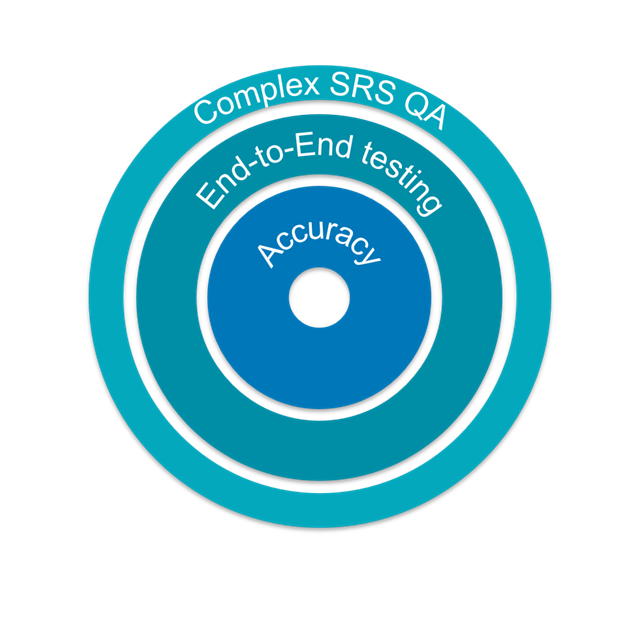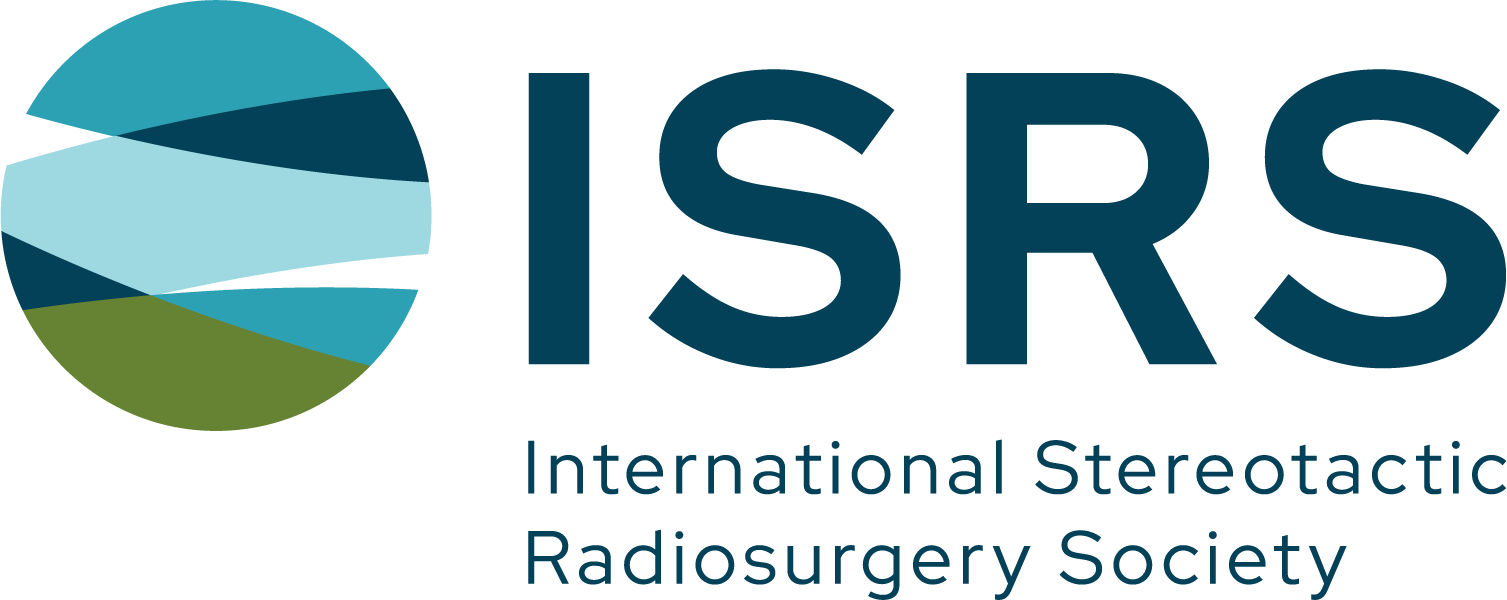The effectiveness of Stereotactic Radiosurgery (SRS), as a non-invasive therapeutic modality for treating various intracranial and extracranial lesions, relies heavily on the accuracy of radiation dose delivery and the quality of treatment plans. One key aspect of ensuring the safety and efficacy of radiation therapy treatments is the need for continuous improvement and Quality Assurance (QA). External dosimetric evaluation, dosimetry audits, and the establishment of comprehensive Quality Programs have become essential elements in maintaining and enhancing the quality of care in radiation oncology departments. Multiple surveys globally on the multifaceted aspects of QA processes have shed light on the significance of an audit in improving treatment outcomes, minimizing errors, and elevating patient care standards.
SRS treatments are inherently complex and require meticulous planning and execution. Some common areas of failure in SRS treatments include:
- Target Localization: Precise target localization is paramount in SRS. Errors in target identification or inaccurate patient positioning can lead to irradiation of healthy tissues and compromised treatment outcomes.
- Beam modeling, Dose Calculation and Delivery: SRS treatments demand highly accurate dose calculations and delivery. Any discrepancies in these aspects can result in underdosing or overdosing of the target, leading to treatment failure or excessive side effects.
- Monitoring and QA: Routine monitoring and QA protocols are vital to identify any deviations from the treatment plan. Failure to conduct thorough quality checks can result in undetected errors.
The imperative of external dosimetric evaluation, audits and quality programs: Governmental societies, regulatory bodies, scientific communities, and organizations in the field of radiation oncology, such as the International Atomic Energy Agency (IAEA), American Association of Physicists in Medicine (AAPM), and the International Stereotactic Radiosurgery Society (ISRS), consistently emphasize the need for external dosimetric evaluation in SRS treatments. These organizations recognize that the precision required in SRS demands rigorous QA procedures. They recommend regular external audits performing physics quality checks as a means to verify the accuracy of treatment planning and delivery, but also external evaluation of staffing, facilities, equipment, and patient management as part of a quality system to control the overall safety of SRS procedures. These recommendations underscore the commitment of these societies to ensuring the highest standards of patient safety but also fosters trust in the healthcare system and promotes advancements in the field of radiation oncology. It’s worth noting that in some countries, compliance with these guidelines is a prerequisite for obtaining a license to clinically practice SRS.
The establishment of quality programs, encompassing external evaluation and dosimetry audits, address failure risks and aim for three key goals:
- Risk Mitigation: Identify and mitigate radiation therapy risks to reduce errors and adverse events.
- Continuous Improvement: Use regular dosimetric evaluations and audits for process enhancement and learning.
- Regulatory Compliance: Ensure adherence to regulatory standards, upholding the highest patient care standards.
The Role of Consulting Services: External Evaluation involves benchmarking, peer review, and QA protocols. Dosimetry audits ensure precise dose delivery, treatment planning accuracy, and data validation. Quality Programs promote continuous improvement, risk reduction, and enhanced patient care. These elements collectively bolster radiosurgery QA, delivering safe, precise treatments, crucial for patient well-being and field advancement. To achieve optimal QA in radiation oncology, many institutions seek the assistance of specialized consulting services. These services are offered by companies and organizations that bring extensive experience, expertise, and technology to help healthcare providers implement and maintain effective Quality Programs. They offer:
- Dosimetry audits, scrutinizing treatment plans, dose calculations, and delivery procedures to identify discrepancies and recommend corrective actions.
- Training and educational resources to radiation therapy teams, ensuring that staff are well-informed about best practices and the latest technologies.
- Access to advanced technology and software tools that enhance dosimetry and QA processes.
RTsafe offers 3D printed anthropomorphic phantoms, advanced dosimetry services, and consultation services for dosimetric QA, extending its support to the SRS community. The company’s mission is to empower healthcare centers to excel in rigorous dosimetry audits, which are integral to comprehensive external evaluations.

